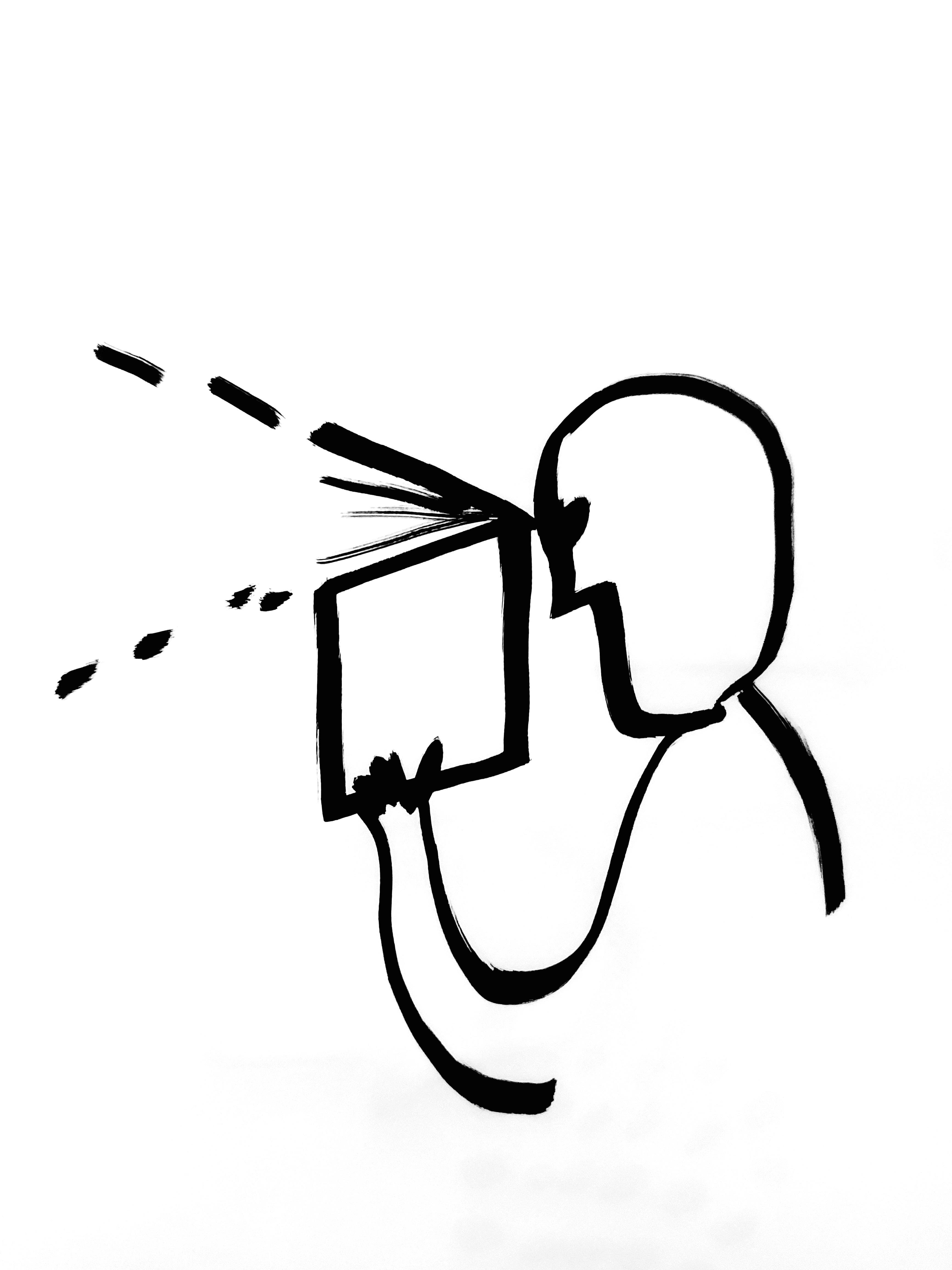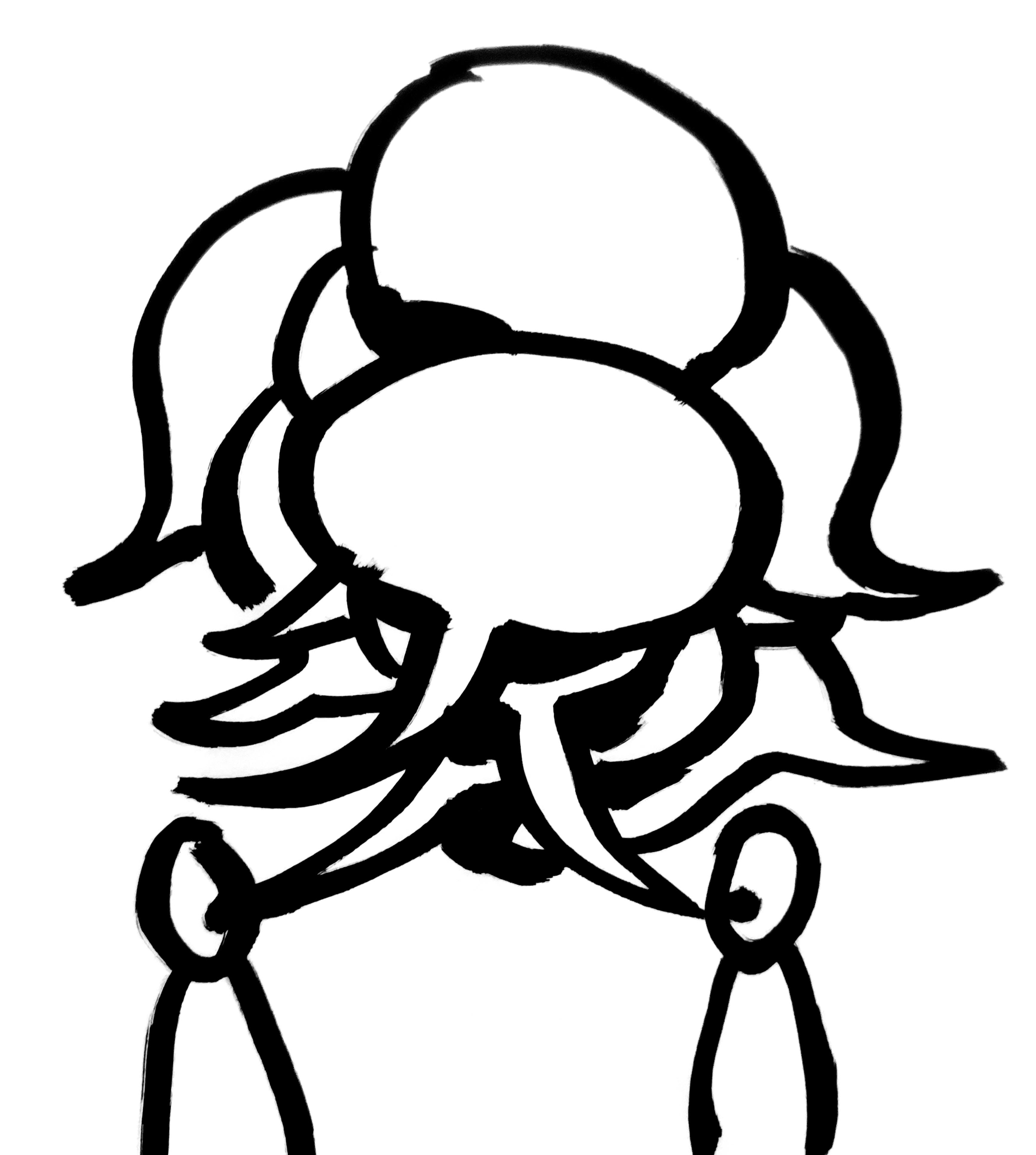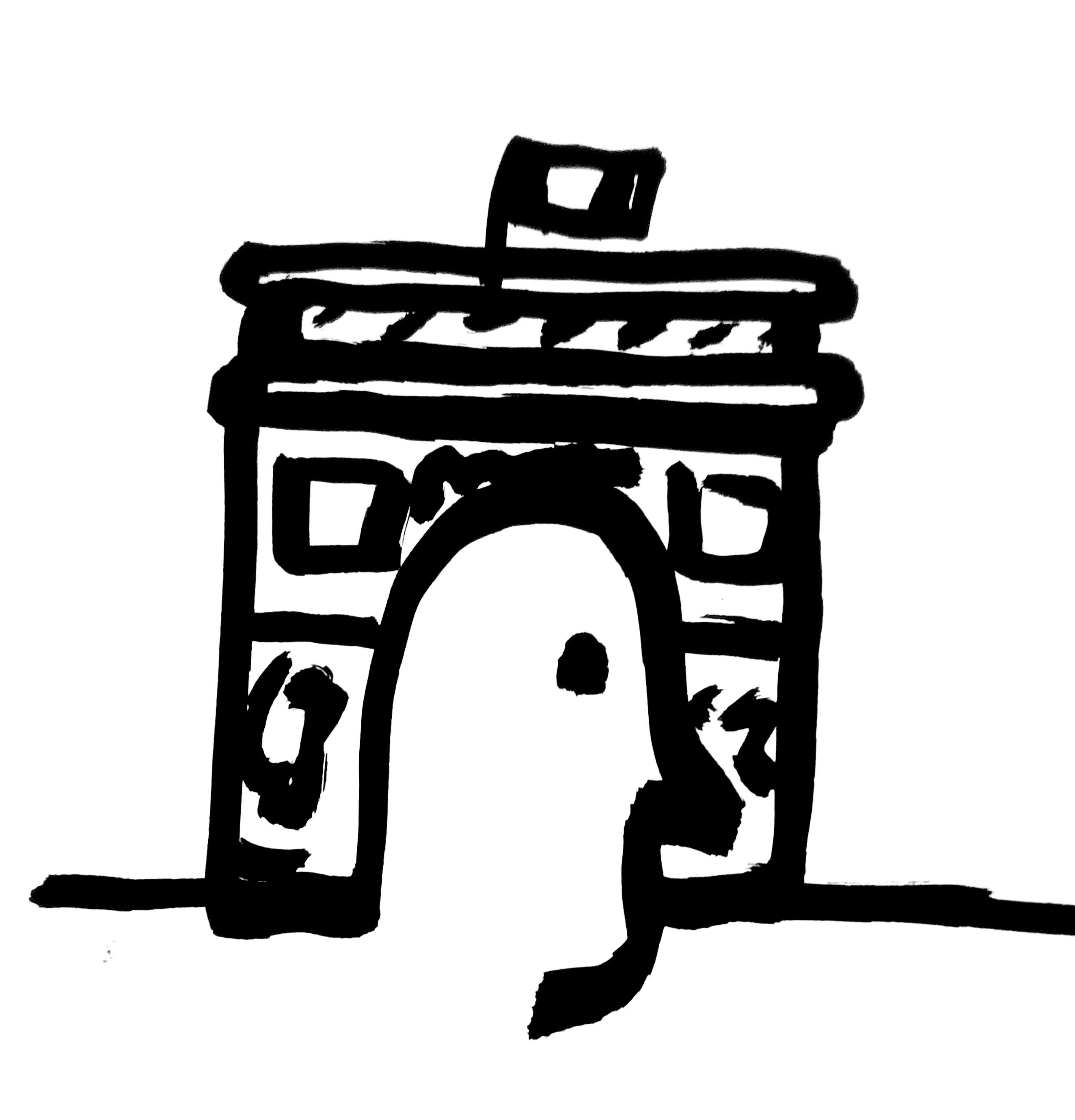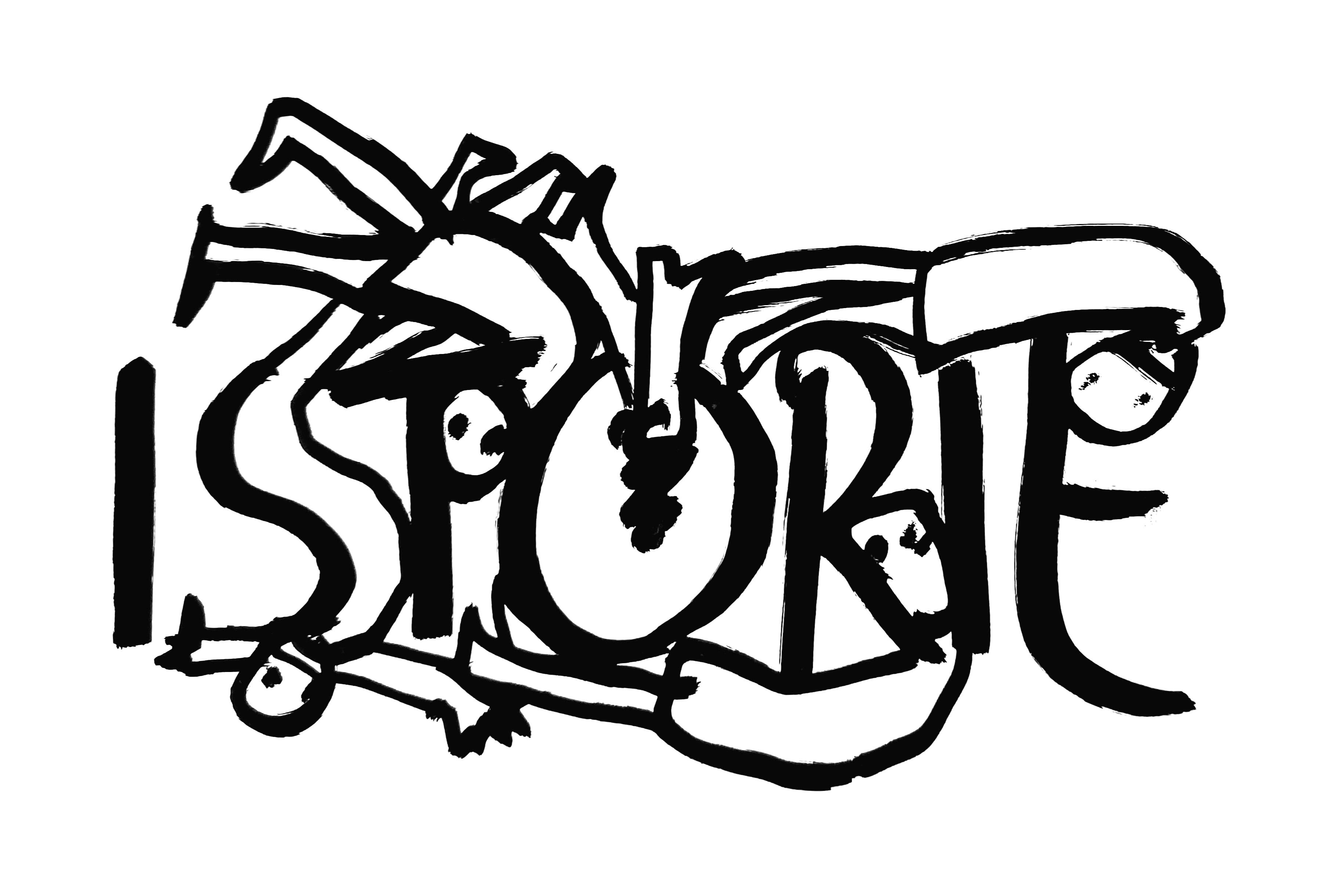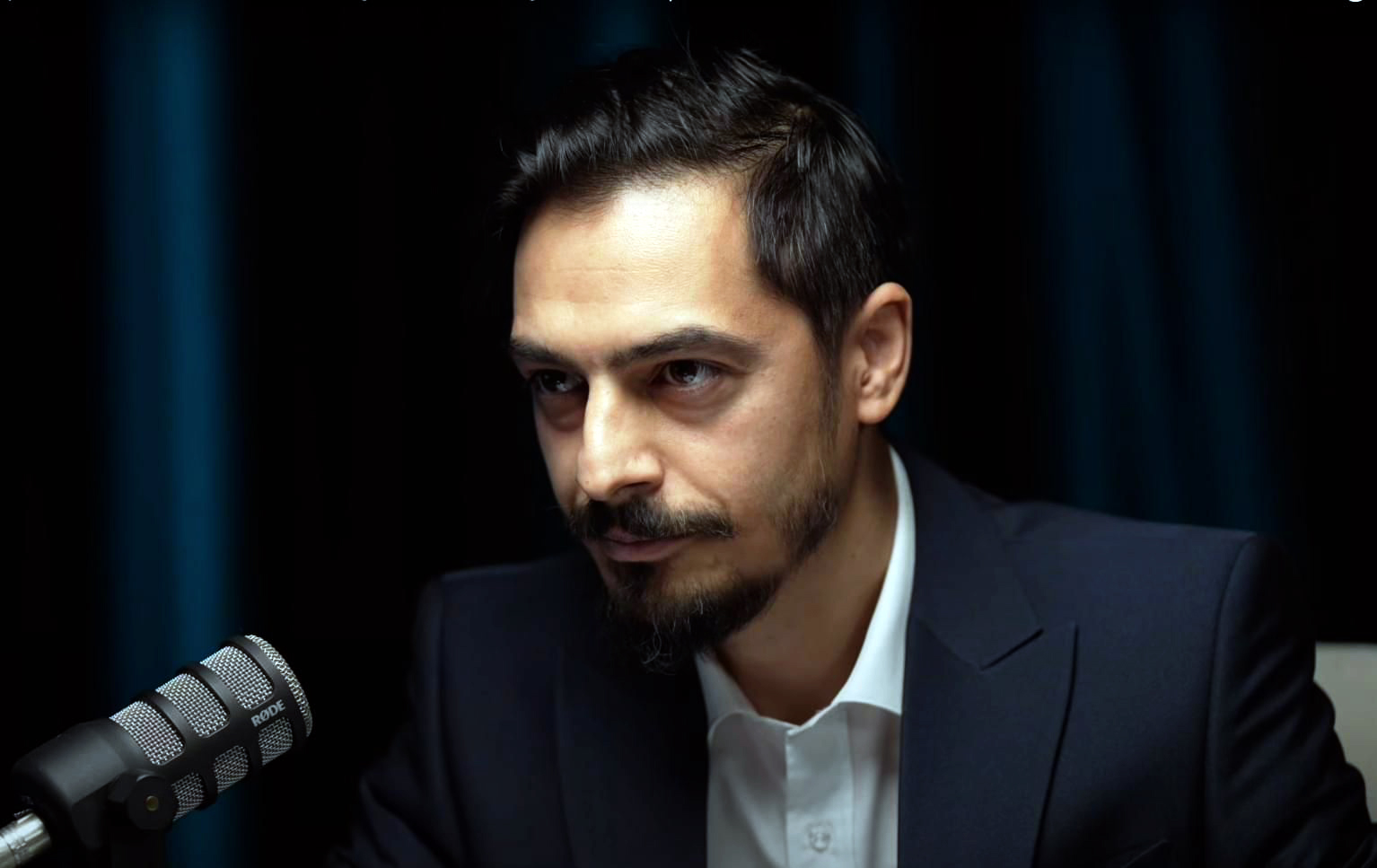Pe aceeași temă
It is widely believed that the year 1989 was important solely for the former member states of the Warsaw Pact. Partially it is true, because the Baltic States fought their key battles for independence and against communism in 1990-1991. Nevertheless, one important event took place in the Baltic States in 1989, which was of key significance for these countries’ struggle for freedom. This is the Baltic Way, when on the August 23rd 1989 a human chain was formed from Vilnius to Tallinn to mark the 50th anniversary of the Ribbentrop-Molotov Pact and protest against its consequences. To comprehend the importance of the event one must analyze communism’s goals in the Baltic States.
Despite the slogans of freedom, equality or social justice, the essence of communism can be described simply – the pursuit of absolute power. As Leszek Kołakowski puts it: “Communism was a gigantic façade, and the reality concealed behind it was the sheer drive for power, for total power as an end in itself”. To achieve this, communists tried to create a new ideologically correct human that would be under complete control of the authorities. This was true of both Warsaw Pact member states and of the Soviet Union.
However, the latter was not ethnically homogenous. It consisted of territories, that earlier used to be independent states with their nations. The Baltic States experienced such fate. In 1940 they were occupied by the Soviet Union, after more than two decades of independent statehood. In order to gain absolute control, the communists had to control not only Lithuanian, Latvian and Estonian individuals. They had to control Lithuanian, Latvian and Estonian nations.
To achieve this, communists targeted the essence of any nation’s political consciousness – historical memory. It attempted to rewrite these countries’ history to show them that they were not independent political subjects in the course of history. In the case of Lithuania, soviet historiography emphasized that in 1009-1795 and between 1918-1940, when Lithuania was an independent state, it was controlled by feudal lords and capitalist oligarchy respectively, ignored Lithuania’s wars with Moscow in the 15th-17th centuries and dismissed the role of Christianity in Lithuania’s political development. The Lithuanian nation was presented as an ethnic group, but not as a political nation.
However, the Baltic nations, with the help of family memory, the Church and dissident movements, dismissed the soviet authorities attempt to erase their political consciousness. It is this message that was sent to the world by the Baltic Way in 1989. It showed that Lithuanians, Latvians and Estonians are political nations which denounce their treatment as political objects as in the Molotov-Ribbentrop Pact and would soon re-establish their statehood.



